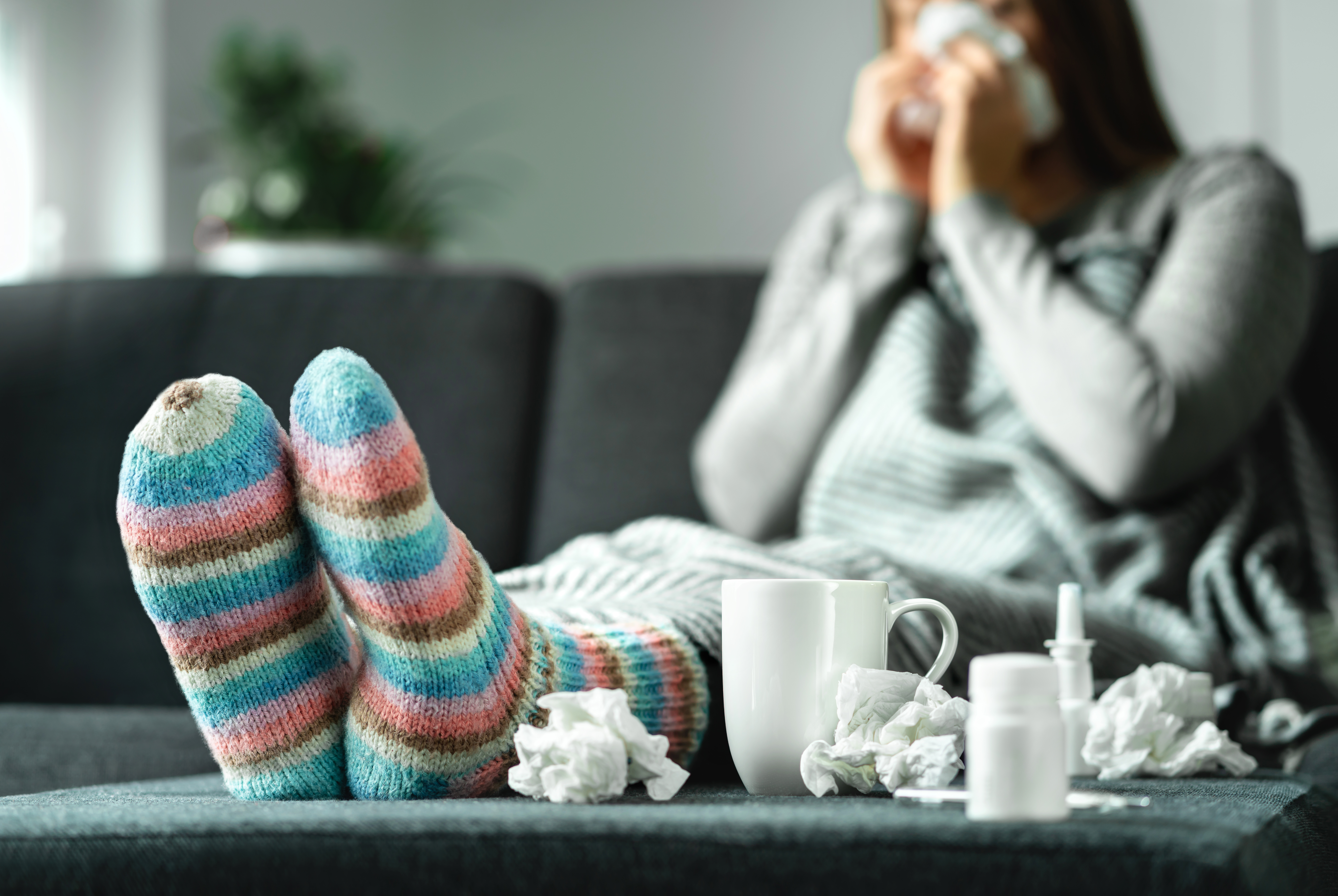Even on a cloudy day, you can get a sunburn, but one-third of Gen Z adults recently surveyed by the American Academy of Dermatology didn’t know that.
“It is surprising, because I think that their parents were more of the helicopter parents who were always putting in a sunscreen on them, but they may not have known why,” said Dr. Carolyn Jacob, a board-certified dermatologist in Chicago.
Of the 1,000 adults surveyed:
- 47% either incorrectly believe or are unsure that having a base tan will prevent sunburns.
- 35% either incorrectly believe or are unsure that as long as you don’t burn, tanning is safe.
- 31% are unaware that tanning causes skin cancer.
“I think that people think, oh, you get a sunburn, and you get skin cancer when you purposely lay out in the sun and you burn. But the fact of the matter is it's cumulative sun exposure over a lifetime that can cause it,” Jacob said.
The survey found the younger the adult, the greater the lack of understanding of skin cancer:
- 42% of Gen Z and 37% of millennials didn’t know tanning causes cancer.
- 42% of millennials are unaware the sun’s UV rays can penetrate clothing.
Jacqui McGrew didn’t worry about sun damage until she had her first bout with skin cancer several years ago. McGrew, 43, has had several surgeries to remove cancerous cells from her scalp and the top half of her body.
Health
“If I could go back in time, I would have been wearing, I don't know if rash guards were even around back then, but I would have been much more diligent with the sunscreen and staying in the shade and wearing hats,” McGrew said.
Get a weekly recap of the latest San Francisco Bay Area housing news. >Sign up for NBC Bay Area’s Housing Deconstructed newsletter.
Dermatologists recommend anyone spending time outside:
- Wear sun-protective clothing
- Apply sunscreen with an SPF of 30 or higher to uncovered skin.
- Seek shade when you can
More than half the adults surveyed, 53%, didn’t know that shade offers protection from the sun’s harmful rays, a simple solution that could prevent skin cancer.



